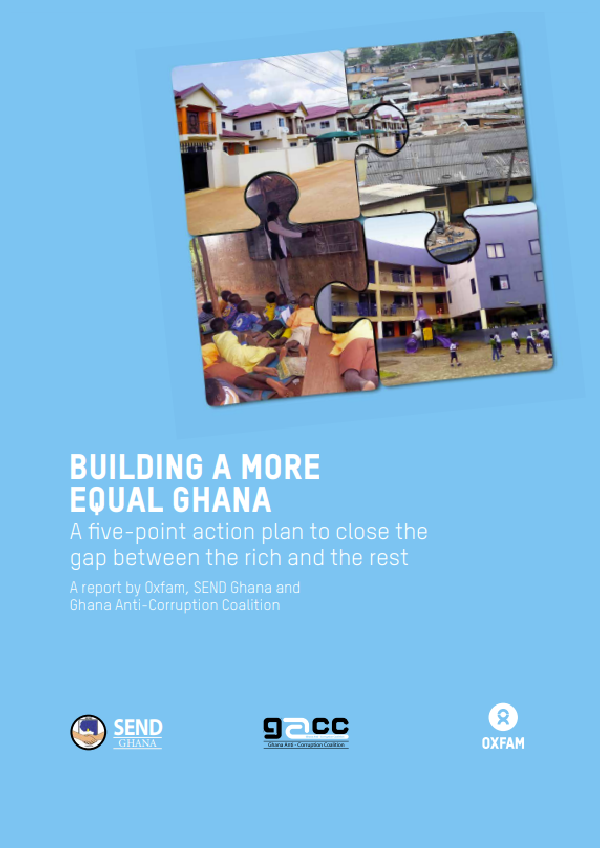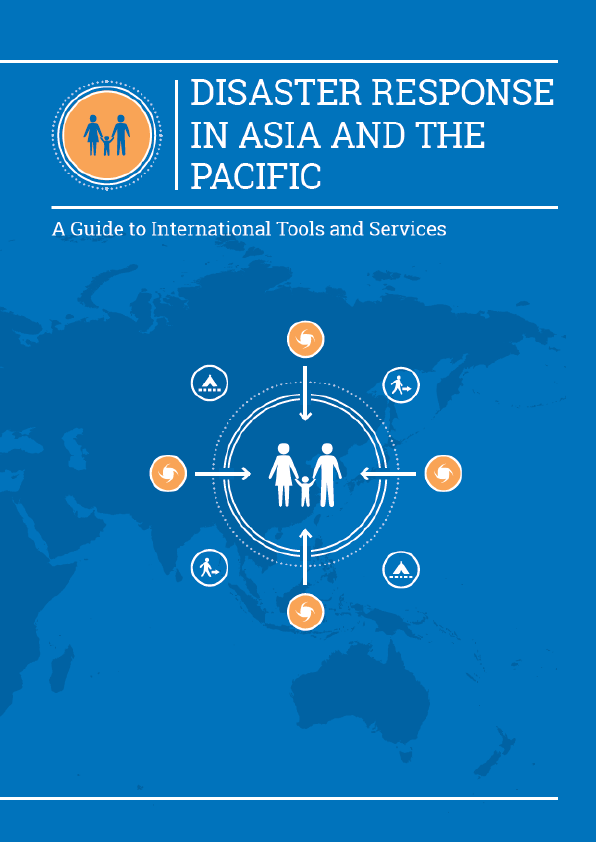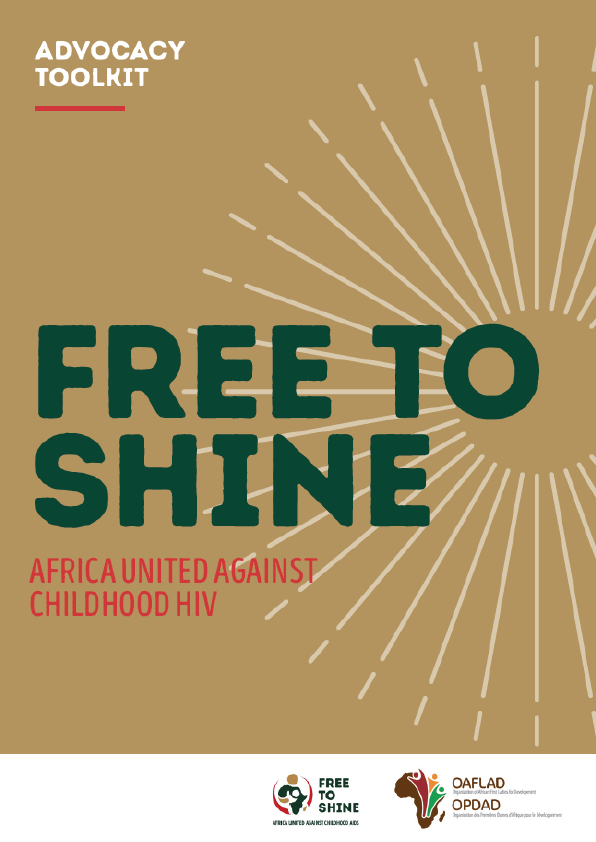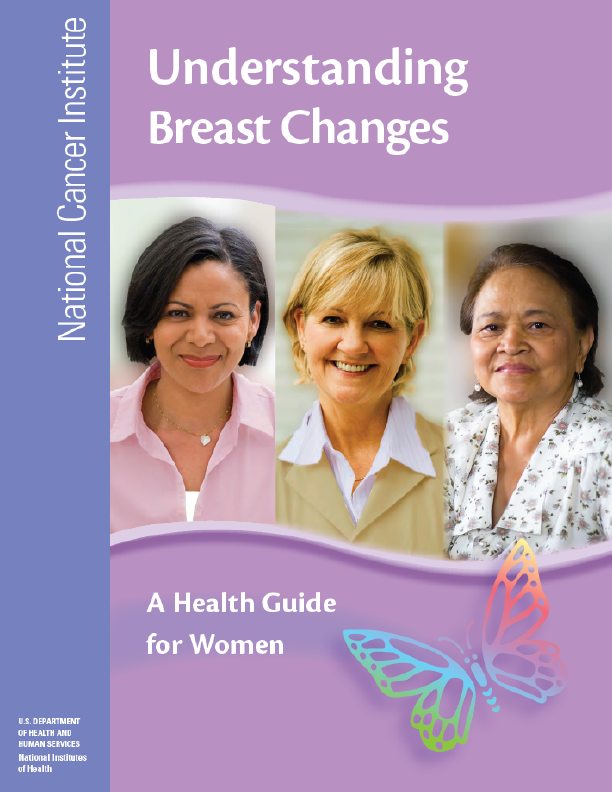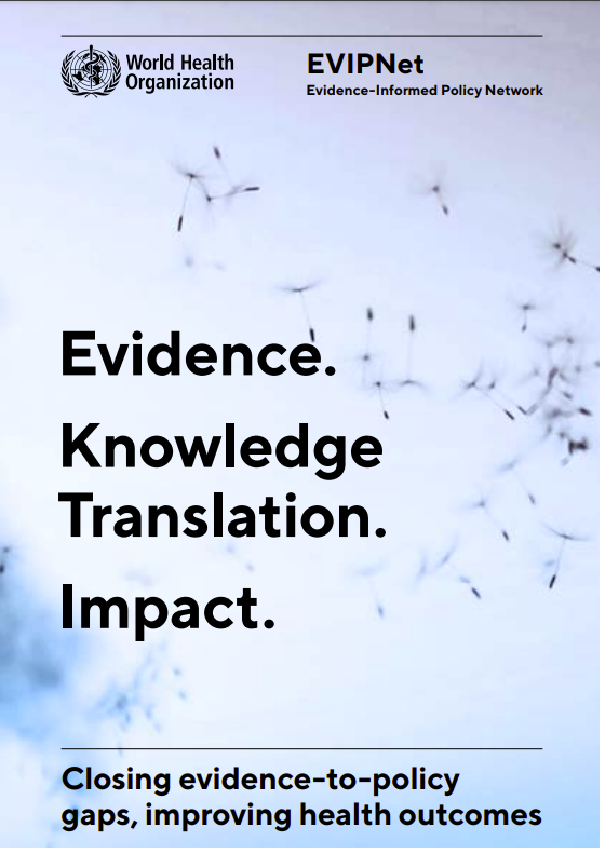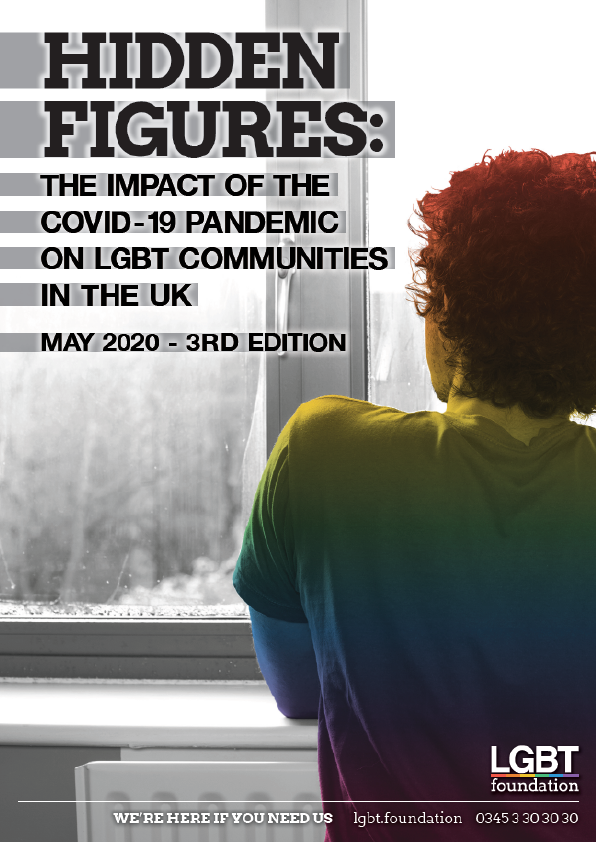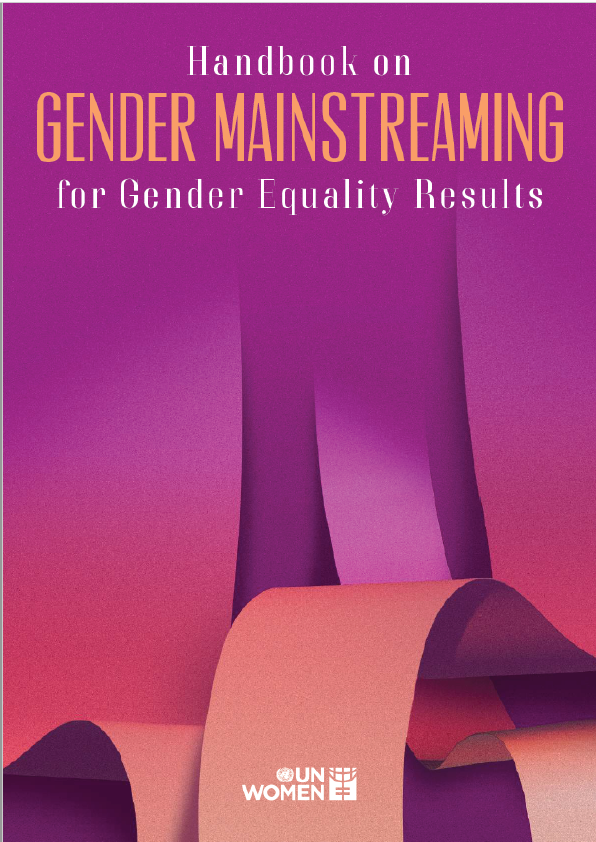There are wide varieties of economic inequality, most notably income inequality measured using the distribution of income (the amount of money people are paid) and wealth inequality measured using the distribution of wealth (the amount of wealth people own). Besides economic inequality between countries or states, there are important types of economic inequality between different groups of people. Oxfam estimates that just one of the richest men in Ghana earns from his wealth more in a month than one of the poorest women could earn in 1,000 years. Inequality is slowing down poverty reduction, hampering economic growth and threatening social cohesion. Nearly 300,000 more men, women and children could have been lifted out of poverty between 2006 and 2013 had inequality not increased during this period.
Inequality is not inevitable and can be addressed. In 2017, servicing public debt cost Ghana more than the annual amount the government would need to pay for free quality health care for all Ghanaians and to deliver on its globally agreed health goals by 2030. Meeting these goals could have saved the lives of more than 7,000 new-born babies and 1,000 mothers in one year alone.
The government should:
- improve public financial management;
- use public spending to reduce inequality;
- create decent work with good wages;
- put women’s economic empowerment at the heart of policy-making; and
- make governance work for everyone.
Extreme inequality in Ghana must be tackled
Economic growth in Ghana in the past 20 years has been impressive. Growth has been especially remarkable since the return to democracy in the 1990s, although it has become more volatile in recent years. On average, the Ghanaian economy grew annually by 5.8% in 13 of the 22 years between 1991 and 2013, reaching a rate of nearly 8% after 2006. A particularly notable sustained period of growth from the start of the millennium came to a halt in 2009, with the lowest growth in nine years (4%) at the height of the global economic crisis. However, growth bounced back to hit a peak of 15% in 2011, as commercial oil production started. The oil-related boom continued until 2013, while in 2014 growth started to decelerate and dropped to 3.5% in 2016, the lowest level since 1990. It has since picked up again and it is expected to reach 6.1% in 2017.
Ghana’s growth was matched by a significant reduction in poverty levels – which more than halved between 1992 and 2013. Extreme poverty declined by about 25 percentage points over the same period.6 At the same time, the country has made sustained political and social progress. Ghana today is a functioning democracy that has made remarkable strides across a number of human development indicators, such as education.
However, despite the continued economic growth and significant poverty reduction, income inequality has been growing steadily for a number of years in Ghana. This is a serious threat to poverty reduction efforts and must be tackled. Inequality creates obstacles to overcoming poverty and exclusion, and to building prosperous, cohesive societies. Nearly 300,000 more men, women and children could have been lifted out of poverty in Ghana between 2006 and 2013 had inequality not increased during this period. Ghana must fight inequality to lift more people out of poverty, sustain economic growth, and maintain social cohesion.
Fight Inequality. Beat Poverty.
Research by Oxfam recently revealed that the top 1% have now accumulated more wealth than the rest of the world put together. Such extreme inequality makes no moral or economic sense, and it is hampering efforts to end extreme poverty. Decades of experience in the world’s poorest communities have taught Oxfam that poverty and inequality are not inevitable or accidental, but the result of deliberate policy choices. Inequality can be reversed. There is a groundswell of voices calling for action. These include the diverse voices of faith leaders, individual billionaires and the heads of institutions such as the IMF and the World Bank, as well as trade unions, social movements, women’s organizations and millions of ordinary people across the globe.
As an organization that exists to tackle poverty, Oxfam is unequivocal in welcoming the fantastic progress that helped to halve the number of people living below the extreme poverty line between 1990 and 2010. Yet if inequality within countries had not grown during that same period, an extra 200 million people would have escaped poverty. That could have risen to 700 million had poor people benefited more than the rich from economic growth. We cannot end extreme poverty unless we tackle extreme inequality.
